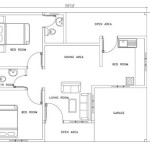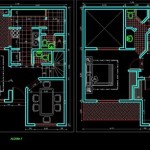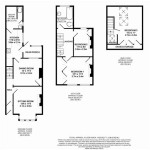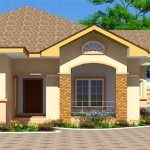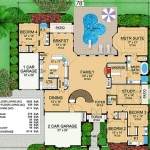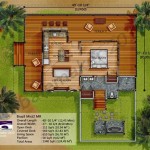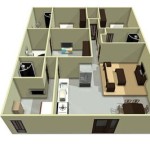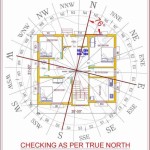Delving into the Essential Aspects of Stone Age House Floor Plan
The Stone Age, spanning from 2.6 million to 12,000 years ago, marked a pivotal period in human history. During this time, our ancestors evolved from hunter-gatherers to rudimentary agriculturists, and their housing structures underwent significant transformations. Understanding the floor plans of these ancient dwellings offers valuable insights into the lifestyle, social organization, and technological advancements of Stone Age societies.
1. Basic Structure and Materials:
Stone Age houses were primarily constructed using natural materials readily available in the surrounding environment. These included rocks, timber, animal hides, and vegetation. The basic structure comprised a rectangular or circular floor plan with a central hearth for warmth and cooking. Walls were made of stones or wooden poles, often covered with skins or thatched roofs for better insulation.
2. Size and Accommodation:
Stone Age houses were typically small in size, ranging from 10 to 50 square meters. They were designed to accommodate a single family unit, consisting of parents and children. The interior space was often divided into sleeping areas, storage areas, and a common area near the hearth where meals were prepared and shared.
3. Entrance and Ventilation:
Houses were typically entered through a single doorway, which often served as both an entrance and an exit. The doorways were usually small to conserve heat and prevent predators from entering. Ventilation was provided by small openings in the walls or roof, allowing for airflow and smoke escape.
4. Social Organization and Communal Spaces:
The floor plan of Stone Age houses reflected the social organization and communal nature of these societies. Extended families often lived in close proximity, sharing resources and responsibilities. Communal spaces outside the houses, such as fire pits or gathering areas, were used for social interaction and cultural activities.
5. Technological Advancements and Cultural Practices:
Over time, Stone Age house floor plans evolved as technology advanced and cultural practices changed. The introduction of pottery and textile-making led to more elaborate floor plans with specialized areas for food storage and weaving. The development of agriculture resulted in separate storage spaces for crops. Cultural practices, such as religious rituals or initiation ceremonies, also influenced the design of house interiors.
Conclusion:
The study of Stone Age house floor plans provides a window into the lives of our prehistoric ancestors. These structures reveal their ingenuity, resourcefulness, and adaptability. The basic principles of shelter, protection, and communal living that were established in the Stone Age continue to inform architectural design today, underscoring the enduring legacy of our ancient past.

The Ashmore A 1916 Bungalow Sims House Plans Vintage Home Design Floor

Pin On Salome

Celtic Wheelhouse Home Design Floor Plans Round House Plan

The Stone Estate At Great Hill 1st Floor Vintage House Plans Mansion Designs Castles Interior

Lerna In Argolis Plan Of The Prehistoric Ruins From Planetware Stone Age Houses Building

Medieval Houses Historical Architecture Ancient Buildings

Victorian Terraced House Design Fit For Modern Lifestyle

Høybøen Grind Ei Reise Gjennom Natur Og Kultur I Vestland

Marco Bernardini Age House Stone Houses Floor Plans

The Stone Age Design Ideas Pictures 2491 Sqm Homestyler

